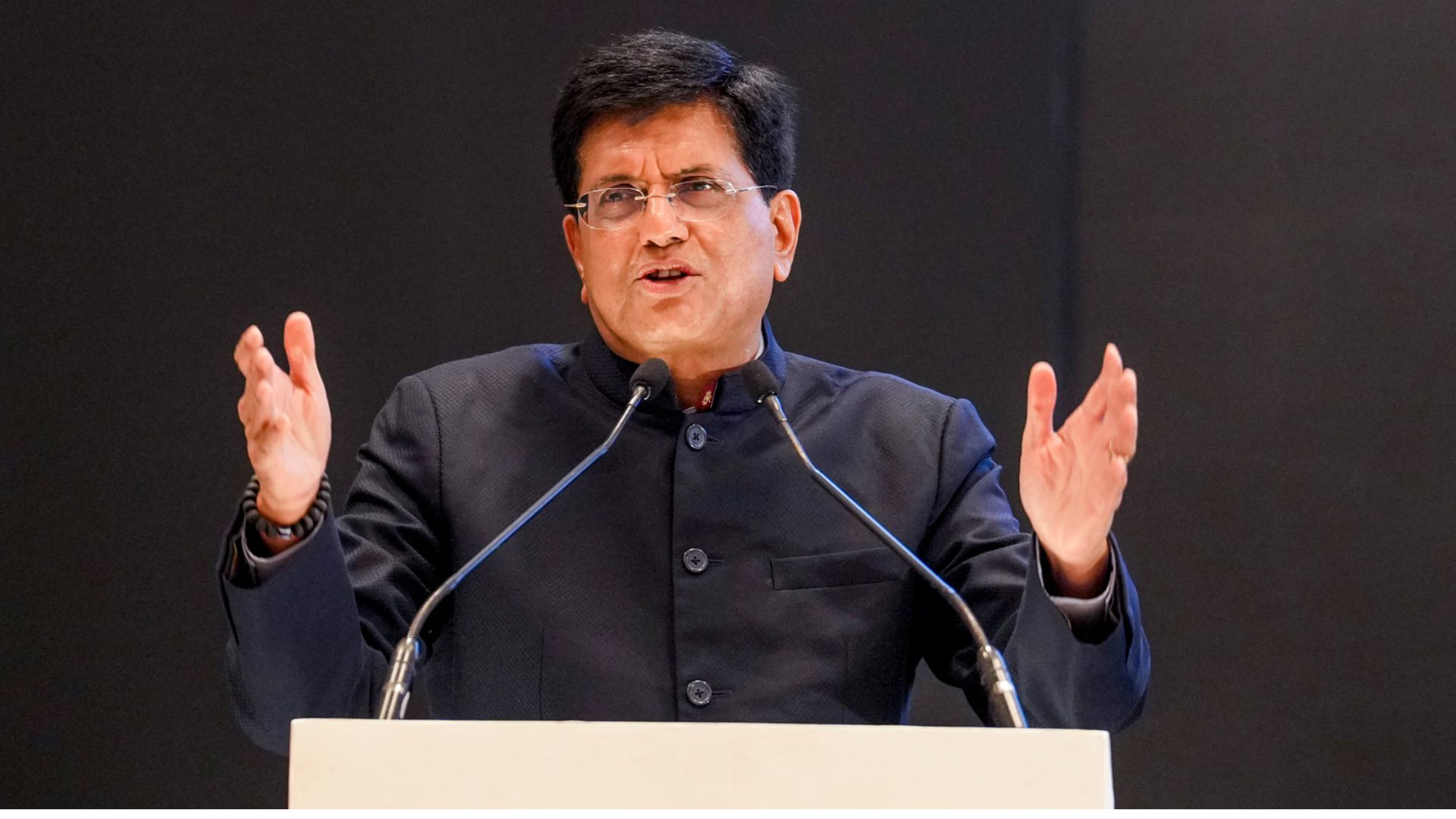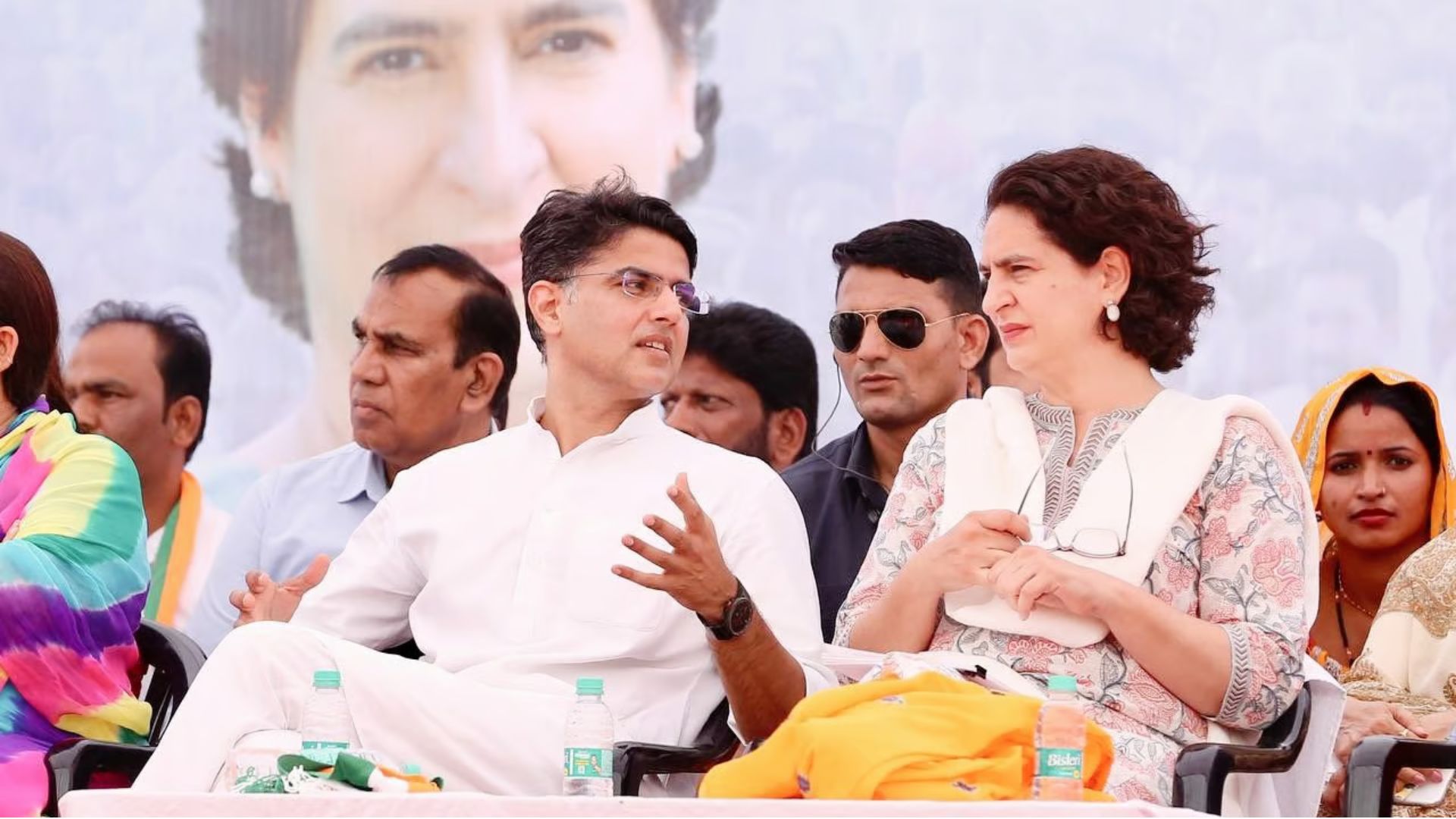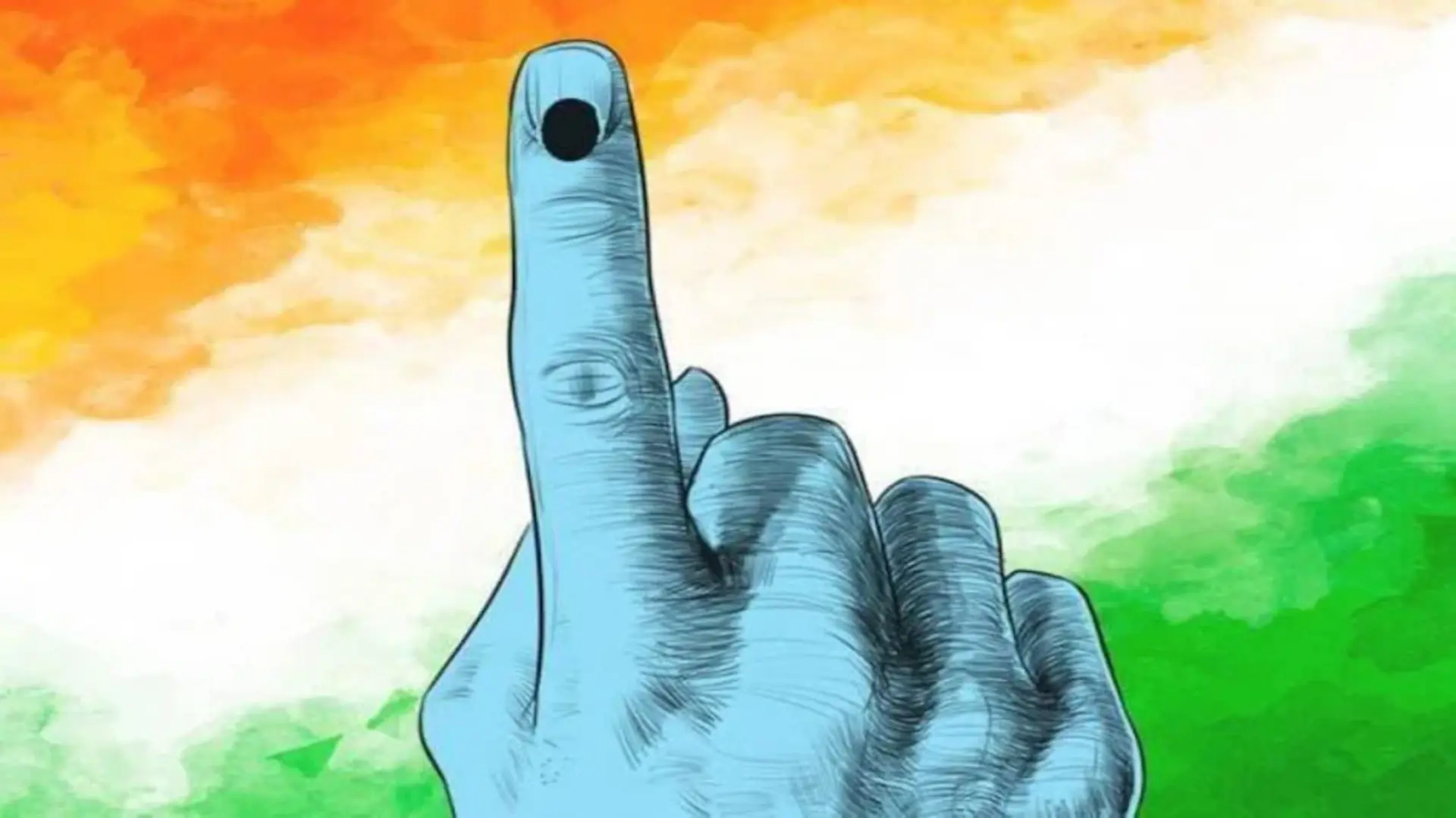
In a written reply to Rajya Sabha, Union labour minister Ramshwar Teli on Thursday said the government is trying to protect people involved in gig economy.
The minister said this while replying to queries of Kartikeya Sharma, member of Parliament.
The minister said: “It is come out to here are several reasons why gig workers are not categorized as unorganized labour. Firstly, most gig workers function as independent contractors and not employees of a particular company. Therefore, they do not have the same benefits p and protections that come with being an employee, such as health insurance, paid leave, and retirement benefits.”
He also elaborated that workers often work on a project-to-project basis, meaning that they do not work for a single employer for an extended period. This makes it difficult to organize and unionize them as they do not have a sustained relationship with any specific employer.
He said that gig workers are covered under the Codes on Social Security Bill, 2020, gig workers have been granted the right to a social security net. However, he admitted that there is currently no official grievance redressal mechanism in place to ensure that their rights are safeguarded.
“The reason for the absence of a grievance redressal mechanism is unclear, but it may be due to the nascent nature of the gig economy and the lack of established legal frameworks for protecting the rights of gig workers.”
The minister further said, “The Codes on Social Security Bill, 2020 divides the responsibility for ensuring the social security of gig workers between the Central Government and aggregators. The Central Government is responsible for contributing to the gig worker’s social security fund, while aggregators are required to register themselves and their gig workers with the appropriate authorities.”
He said the Codes on Social Security Bill, 2020 provides some basic protections and benefits, but each company may have its own policies for hiring and firing gig workers.
“Despite this, gig workers are still entitled to certain rights and protections. For example, many countries have implemented minimum wage laws that apply to all workers, including gig workers. Additionally, governments are increasingly recognizing the need to provide gig workers with protections related to health and safety, discrimination, and overtime pay.”
To further protect the rights of gig workers, governments and other institutions are exploring new ways to classify gig workers and provide them with more comprehensive rights and protections, he said.
“This could include creating a new category of worker that recognizes the unique needs of gig workers, providing access to insurance and retirement benefits, and developing new forms of collective bargaining that cater to gig workers’ specific needs,” he said.














